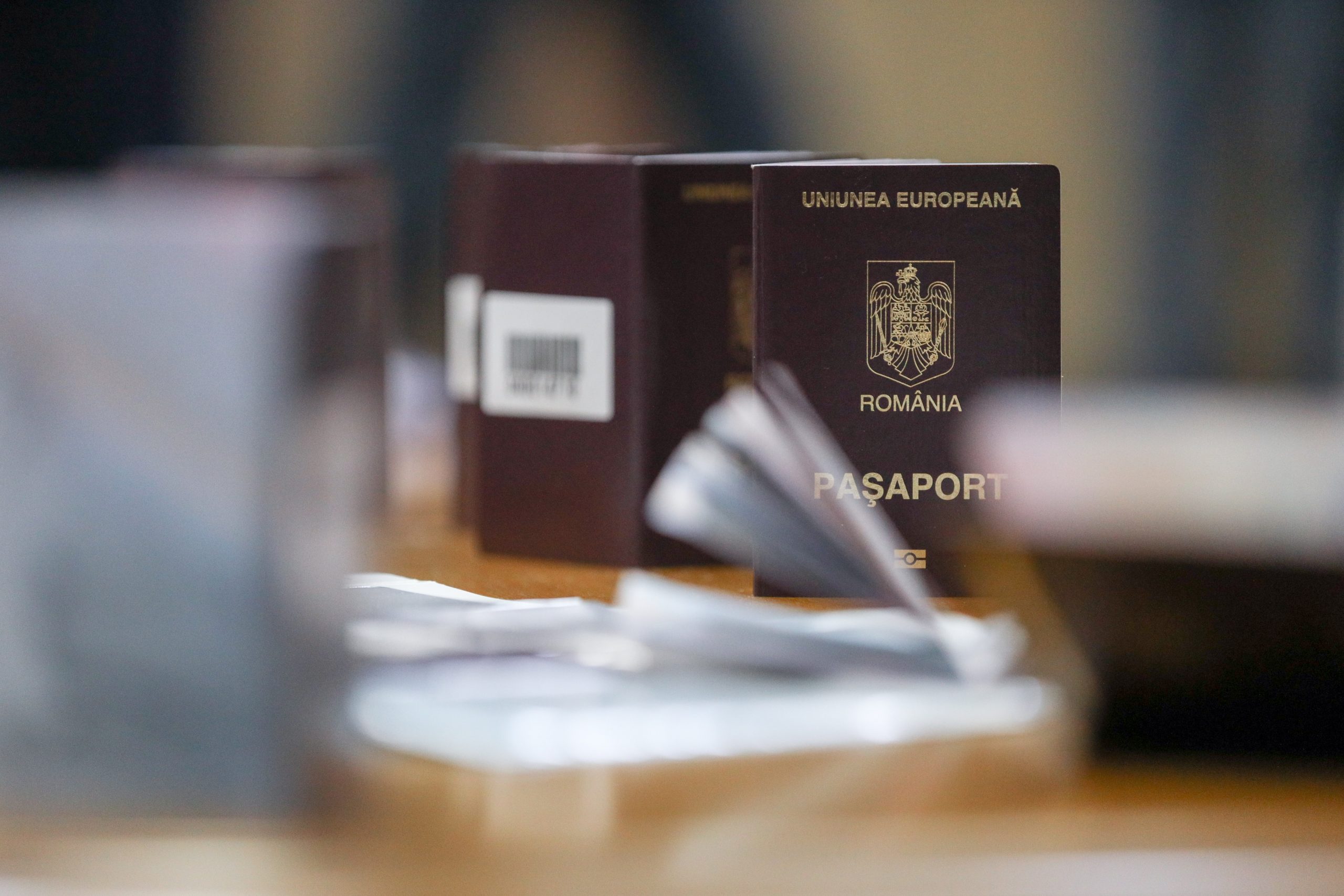The trend started after Russia occupied Crimea in 2014 and took off after Moscow launched a full-scale invasion of Ukraine in 2024 — hundreds of thousands of Russians seeking to become citizens of other countries.
The ultimate prize: nationality of an EU state. This not only removes the stigma of being the citizen of an aggressor nation but also allows freedom of movement, association and doing business in the bloc.
From 2022, the main targets of Russians seeking to broaden their horizons have been Moldova, Romania and Bulgaria.
The Republic of Moldova is not a member of the European Union, but it’s a candidate country, and Moldovan citizens have easy access to EU countries.
Moreover, a million Moldovans also hold Romanian citizenship thanks to a Romanian law offering reparations to Moldovans and Ukrainians who, until 1940, lived in regions that belonged to Romania but were annexed to the Soviet Union with the signing of the Ribbentrop-Molotov Treaty.
This was sufficient grounds for several Russian businessmen to apply for Moldovan citizenship, according to the findings of a cross-border team of journalists.
Among the businessmen was one of the most important proxies of Russian money in the world of EU finance: Mikhail “Mike” Lobanov, who secretly invested wealth belonging to oligarch Roman Abramovich in several fintech businesses.
Another Russian businessman, Sergey Lomakin, a billionaire resident in Cyprus and on Ukraine’s sanctions list, tried the same route. And several Russian businessmen successfully implemented a similar scheme in Sofia shortly after Russia occupied Crimea, the journalists found.
One beneficiary of a Bulgarian passport, who had a background in Moscow’s diplomacy and secret services, illegally acquired his new nationality. Even so, the team revealed that authorities in Sofia have refused to withdraw his citizenship.
For ordinary Russians, meanwhile, the solution is to turn to citizenship trafficking networks.
For between €5,000 and €10,000, an “International Expert” network promises Romanian and Bulgarian citizenship and travel visas to other EU countries. As the journalists discovered, the operation is coordinated from Moscow but hidden behind a website owned by a company in Barbuda and Antigua, a company founded by a Ukrainian criminal and a lawyer in Estonia.
